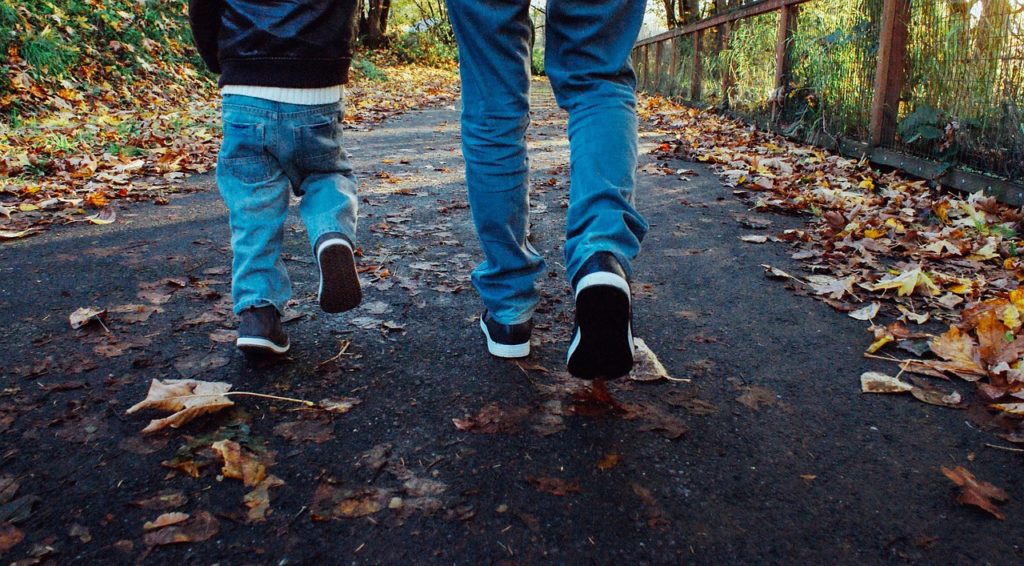- Calls to this hotline are currently being directed to Within Health, Fay or Eating Disorder Solutions
- Representatives are standing by 24/7 to help answer your questions
- All calls are confidential and HIPAA compliant
- There is no obligation or cost to call
- Eating Disorder Hope does not receive any commissions or fees dependent upon which provider you select
- Additional treatment providers are located on our directory or samhsa.gov
How to Report Suspected Neglect In Children With Eating Disorders

Contributor: Crystal Karges, MS, RDN, IBCLC, Director of Content and Social Media at Eating Disorder Hope/Addiction Hope
Eating disorders are said to be the result of a variety of complex factors, including biological, psychological, and environmental stressors. For children who are exposed to any form of trauma or abuse and who are also biologically predisposed to having an eating disorder may be at an increased risk of developing one of these psychiatric illnesses.
It is important to understand that trauma, neglect or abuse in itself are not causes of eating disorders. Regardless of the situation, any form of child abuse or neglect should be reported to appropriate authorities immediately.
Forms of Child Neglect and Abuse
Child abuse and neglect can occur in various forms, including physical, emotional, psychological, and sexual. In some cases, it may be more evident to an outsider, such as a teacher, coach, youth pastor, etc. that abuse may be occurring within the home. However, trauma or abuse may not necessarily be occurring within the home itself. Parents, caregivers, and those in professional positions that interact frequently with children should be aware of the following signs that may indicate child abuse or neglect is occurring:
- Changes in behavior, social interactions or school performance, such as increased hostility, anger, or aggression
- Attempts to run away from home environment or reluctance to return home
- Isolation or withdrawal from social activities or friendships
- Unexplained physical injuries
- Low self-esteem or self-confidence
- Depression and/or anxiety
- Poor growth or weight gain
- Inadequate hygiene
- Delayed or inappropriate emotional development
When Child Neglect is Suspected
 In the unfortunate scenario that child abuse or neglect is suspected, help should be sought immediately. In any situation in which medical attention is immediately needed, it is important to call 911 or take a child to a local emergency room. Health care professionals, such as a counselor or physician, who suspect any case of child abuse, are legally required to report the situation to state authorities or the appropriate county.
In the unfortunate scenario that child abuse or neglect is suspected, help should be sought immediately. In any situation in which medical attention is immediately needed, it is important to call 911 or take a child to a local emergency room. Health care professionals, such as a counselor or physician, who suspect any case of child abuse, are legally required to report the situation to state authorities or the appropriate county.
Outside of these realms, child abuse or neglect can be reported to the police department, a child’s physician or health care professional, local child protective agencies, or a 24 hour crisis hotline. The Childhelp National Child Abuse Hotline is available 24 hours a day and call be reached toll free at (800) 422-4453.
Child abuse and neglect are devastating for the child and all involved with serious ramifications and consequences. If you are in a position where child abuse is suspected, seek out the proper authorities as soon as possible.
Community Discussion – Share your thoughts here!
What resources are helpful in your community for children recovering from child abuse?
 About the Author: Crystal is a Masters-level Registered Dietitian Nutritionist (RDN) with a specialty focus in eating disorders, maternal/child health and wellness, and intuitive eating. Combining clinical experience with a love of social media and writing, Crystal serves as the Special Projects Coordinator for Eating Disorder Hope/Addiction Hope, where her passion to help others find recovery and healing is integrated into each part of her work.
About the Author: Crystal is a Masters-level Registered Dietitian Nutritionist (RDN) with a specialty focus in eating disorders, maternal/child health and wellness, and intuitive eating. Combining clinical experience with a love of social media and writing, Crystal serves as the Special Projects Coordinator for Eating Disorder Hope/Addiction Hope, where her passion to help others find recovery and healing is integrated into each part of her work.
As a Certified Intuitive Eating Counselor, Crystal has dedicated her career to helping others establish a healthy relationship with food and body through her work with EDH/AH and nutrition private practice.
The opinions and views of our guest contributors are shared to provide a broad perspective of eating disorders. These are not necessarily the views of Eating Disorder Hope, but an effort to offer discussion of various issues by different concerned individuals.
We at Eating Disorder Hope understand that eating disorders result from a combination of environmental and genetic factors. If you or a loved one are suffering from an eating disorder, please know that there is hope for you, and seek immediate professional help.
Last Updated & Reviewed By: Jacquelyn Ekern, MS, LPC on October 18, 2016
Published on EatingDisorderHope.com

The EatingDisorderHope.com editorial team comprises experienced writers, editors, and medical reviewers specializing in eating disorders, treatment, and mental and behavioral health.

